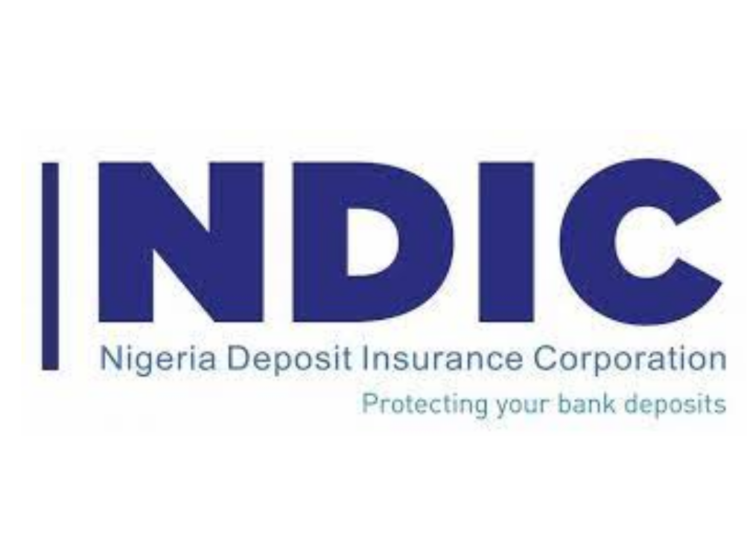Nigeria Deposit Insurance Corporation (NDIC) has urged bank customers in the country to ensure that their Know Your Customer (KYC) details are up to date so as to ensure smooth transactions and prompt repayment in the event of bank closure.
This was stated by the managing director and chief executive of the NDIC, Bello Hassan at the 2024 NDIC Editors Forum at the weekend. Hassan who was represented by the executive director, Corporate Services, Mustapha Muhammed stressed the importance of updated KYC in the Nigerian financial system.
Noting that some customers of the defunct Heritage Bank are yet to get their insured deposits, Hassan said this was mainly due to lack of KYC and mismatch of names. Adding that the NDIC was working to ensure that the insured deposits are paid, he said the corporation is not “unaware of the case of some depositors who are yet to access their guaranteed sums.
“This development is a result of reasons ranging from reconciling inconsistencies in the defunct bank’s depositor’s database to the absence of Bank Verification Numbers (BVN), placement of restrictions on some accounts and in some cases name mismatch.
“The Corporation is therefore working assiduously to resolve these challenges to ensure that depositors are promptly paid. I would like to seize this opportunity to emphasise the importance for depositors to ensure strict compliance with all Know Your Customer (KYC) regulations as prescribed by the CBN.
This will not only promote hitch-free transactions with their banks, but it will also go a long way in ensuring prompt reimbursement in the event of bank closure.
Hassan while pointing out that uninsured deposits represent a significant portion of the total deposits in Heritage Bank, furthered that the NDIC is working to ensure that depositors with amounts over the maximum insured amount of N5 million are paid through liquidation dividends from the realisation of the defunct bank’s assets and recovery of debts.
He furthered that the Corporation has already initiated the process of debt recovery and realisation of investments and physical assets of the defunct bank to ensure timely payment to the uninsured deposits of the defunct bank.
Beyond repaying depositors, he said the NDIC’s responsibilities extend to the creditors of the defunct bank, who according to him will receive payments after all depositors have been fully reimbursed. “This orderly process, based on asset realisation and priority of claims, is essential in maintaining public trust in the banking system and promoting financial system stability.
As one of the financial safety nets, the NDIC boss reassured depositors of the safety of their funds, which he said is critical to “instilling trust in the banking system and preventing bank runs at times of uncertainty. Over the years, the NDIC has been instrumental in promoting stability by ensuring that when banks fail, depositors are protected, and their funds are reimbursed promptly.
“The NDIC was established over three and half decades ago to protect depositors, especially the uninformed, and contribute to the financial system’s stability. Our core mandate includes; providing deposit insurance cover to depositors of licensed banks, supervising insured financial institutions, Distress resolution and ensuring orderly resolution in the event of bank failure. Thus, the role of the deposit insurer cannot be overemphasised.”





